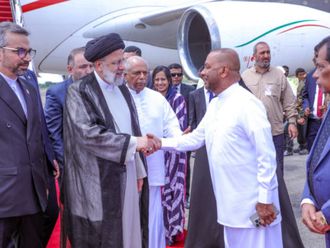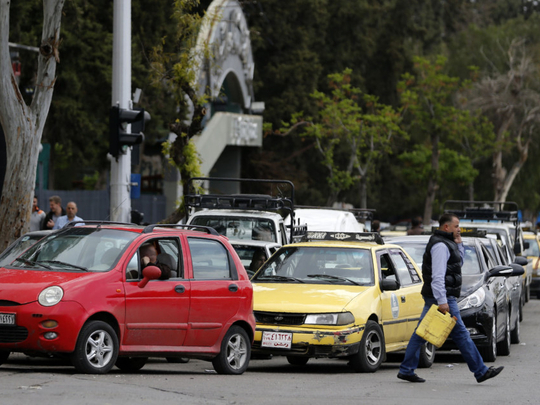
Beirut: Syria has suffered oil shortages since an Iranian credit line was halted six months ago and not one oil tanker has reached the country since then, a pro-government newspaper said on Wednesday, as a fuel crisis worsened.
Syrians say shortages grew more acute a week ago: hundreds of cars waited in line at one Damascus petrol station on Wednesday, a witness said. State news agency SANA showed a photo of snarled traffic and said Syrians faced an “economic war”.
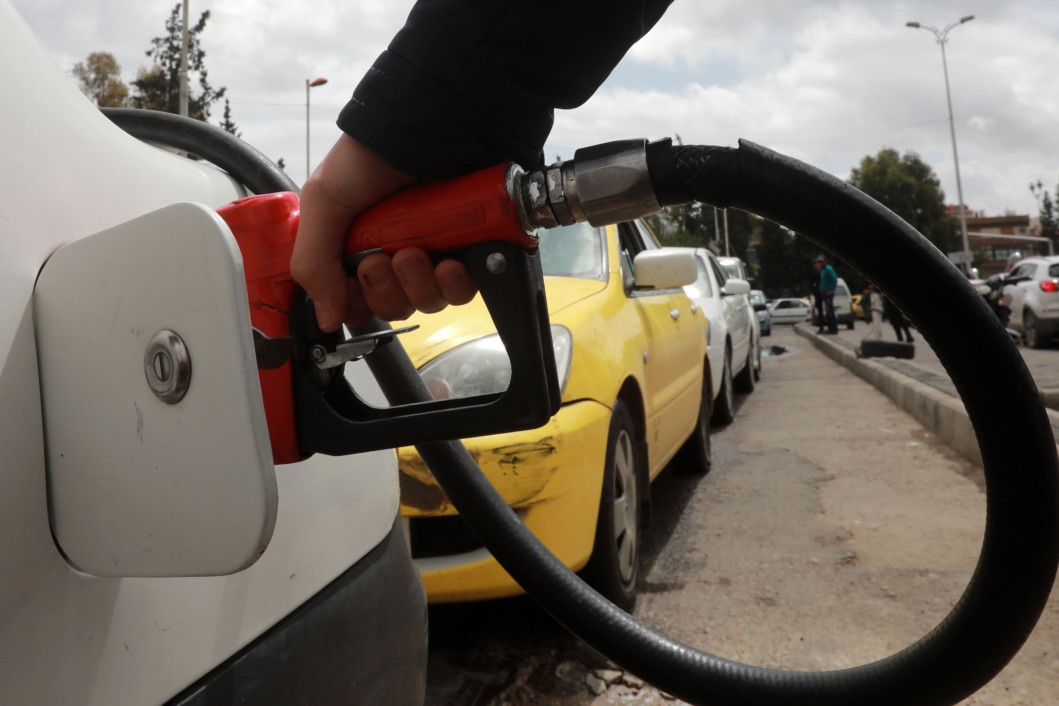
President Bashar Al Assad, speaking in February, said the crisis was part of a siege imposed by governments that oppose him, including the United States, which has imposed sanctions that broadly prohibit any trade with Damascus.
A front page story in Al Watan newspaper, which is close to the Syrian government, said the government “wanted to present the picture as it is”.
The amount of oil produced in parts of Syria recovered by government forces stands currently at 24,000 barrels per day, well short of the 136,000 barrels required, it said.
“Therefore we need imports, and here specifically, came the crisis of the halt of the Iranian credit line”, it said, adding that this had been the “fundamental support in this framework”.
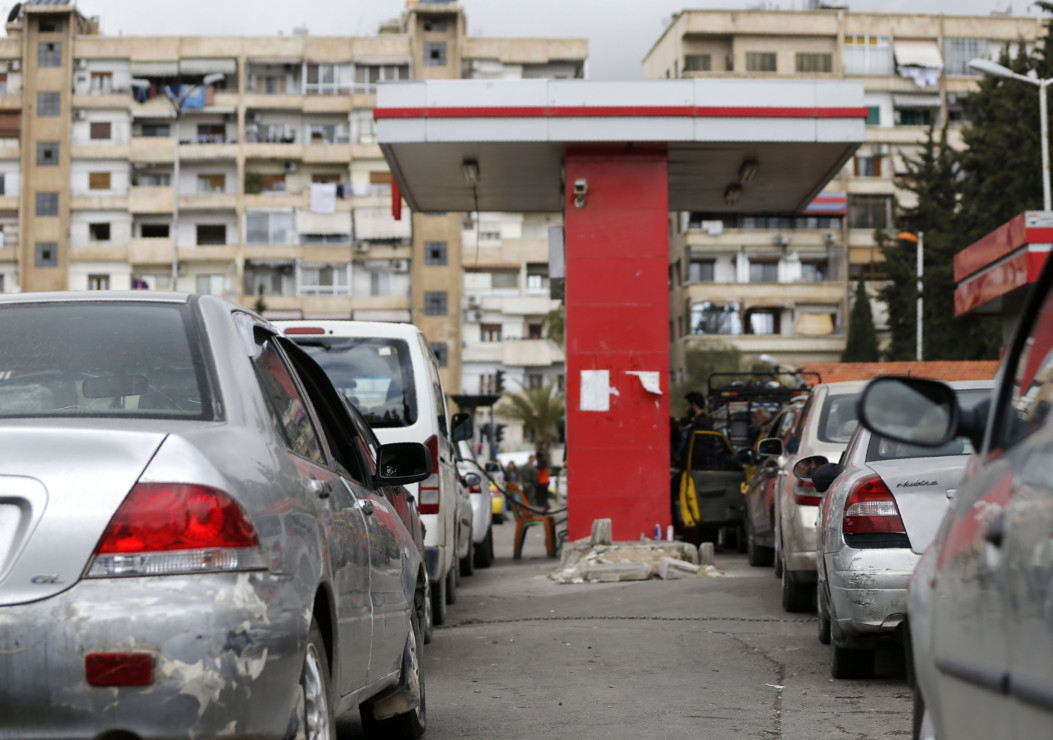
It did not give any explanation for the halt in Iranian credit. Tehran is itself the target of US sanctions reimposed since President Donald Trump withdrew from a 2015 nuclear deal between Iran and several world powers.
Military support from both Iran and Russia has been critical to Al Assad in the eight-year-long conflict.
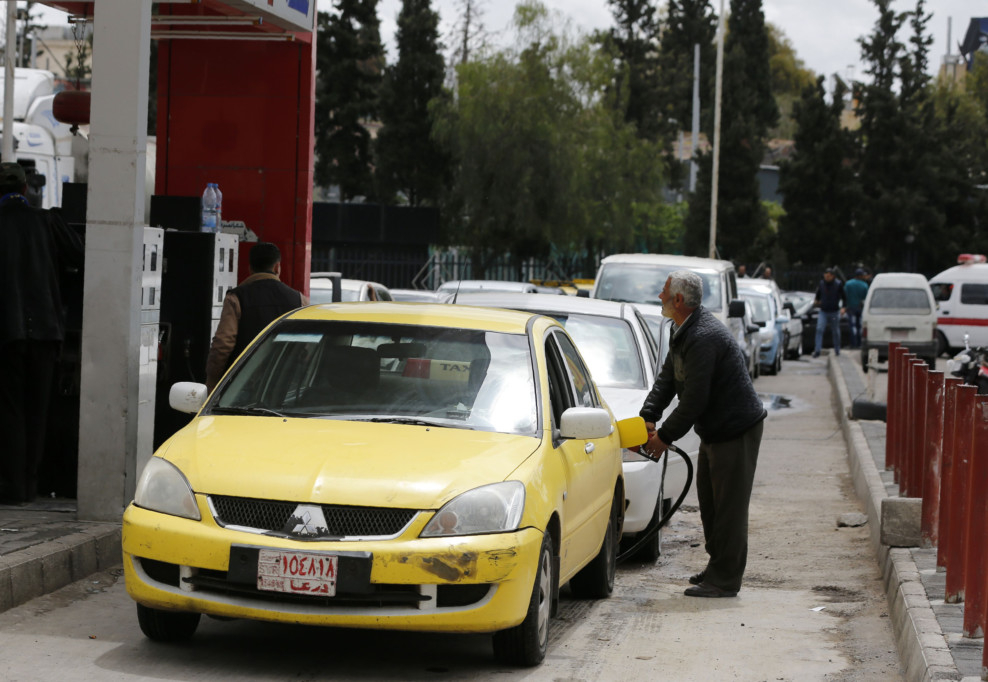
Iran has sent its own forces to Syria while Tehran-backed Shiite militias spearheaded by Lebanon’s Hezbollah have also played a big role.
Since the Iranian credit line was halted on Oct. 15, Al Watan said “Syria has been in need of oil ... and according to the oil ministry, not one oil tanker reached Syria from that date”.
Trying to secure supplies, the government met with private sector importers at the start of 2019, asking them to make contracts to import refined products. But these also hit obstacles linked “to logistical measures”. Ships had been prevented from reaching Syria after entering regional waters.
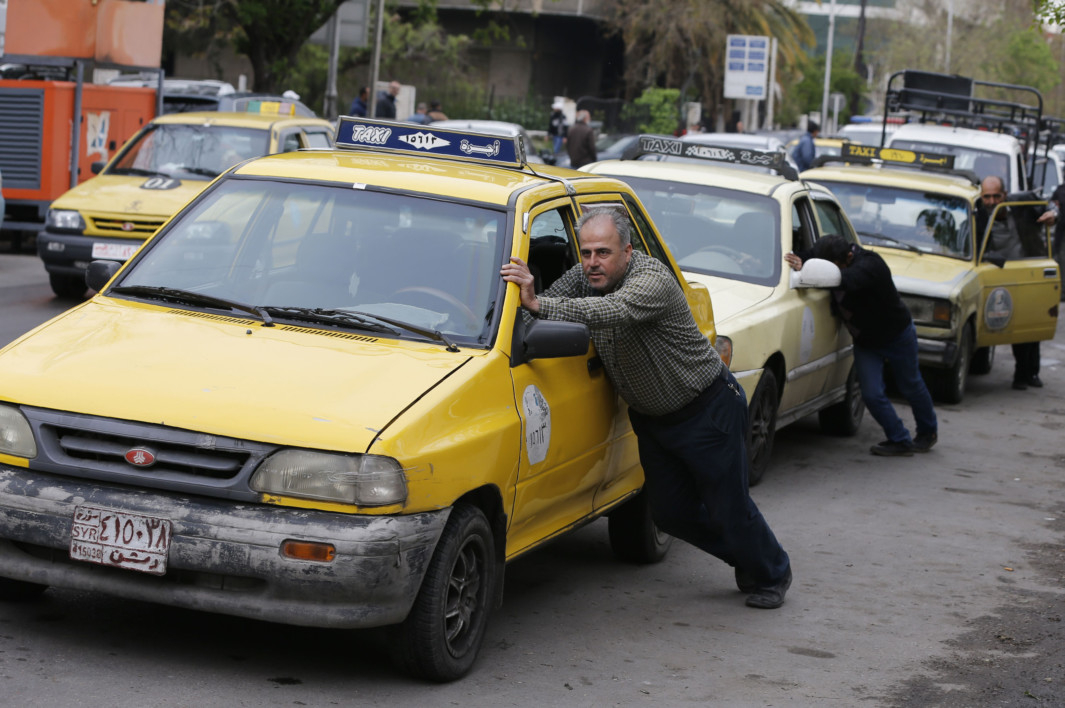
The United States has warned of significant US sanctions risks for parties involved in petroleum shipments to the Syrian government, and has detailed “deceptive shipping practices” used to deliver oil to Syria.
Washington says its sanctions aim to isolate Syria’s leadership and its supporters from the global financial and trade systems in response to atrocities, including use of chemical weapons. The government denies using such weapons.
Al Watan said the oil ministry was working to boost supplies from northern Syria, an apparent reference to oilfields under the control of Kurdish-led forces. Oil from these areas has been supplied to government-held areas throughout the war.
“But this will not be easy if not accompanied by rationalisation measures,” it said.
Work in “the coming period” would also include “following up on the Iranian credit line”.


